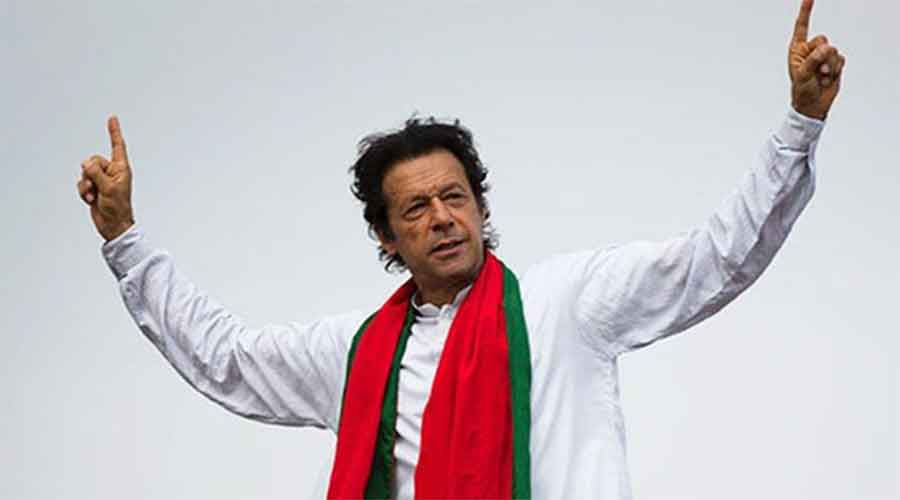No prime minister in Pakistan has ever completed a five-year term. That trend might well continue as the incumbent, Imran Khan, faces a no-confidence motion. The iconic cricket captain-turned-politician had stormed to power in 2018 after more than two decades as a political outsider. But with one year to go in his term, the stars are aligning against him. His long-standing political rivals, Nawaz Sharif of the Pakistan Muslim League (N) and Asif Ali Zardari of the Pakistan Peoples Party, have joined hands with the influential cleric, Maulana Fazlur Rehman, to try and dethrone Mr Khan. Some smaller parties of the ruling coalition have indicated that they might break away while a few legislators of Mr Khan’s Pakistan Tehreek-i-Insaf party have suggested that they might defect too. In a numbers game, it looks like Mr Khan is poised to be run out — he is well short of the crease he needs to make. However, the outcome of the vote will likely hinge on the same equation that emboldened the Opposition to move a no-confidence motion in the first place: Mr Khan’s relationship with Pakistan’s all-powerful army.
It is widely believed that the support of the military was central to the PTI’s dominance of the 2018 election and for Mr Khan’s emergence as his country’s political captain. But as the country’s economy has continued to slide, public sentiment against the government has grown. In recent months, tensions between the army chief, General Qamar Javed Bajwa, and Mr Khan have grown over appointments to the military leadership in which the prime minister has tried to exercise influence that previously has been wielded only by the army. Ultimately, Mr Khan’s chances of survival will likely depend on whether he can convince the military — which has said it will be “neutral” — to continue to back him from behind the scenes. Until then, Pakistan is on edge over competing political rallies called later this week by Mr Khan and Mr Rehman that some fear could spiral into violence and chaos. For India, it will be important to watch these political developments in a clear-eyed manner. Whatever the outcome of the vote, Pakistan is likely to have a lame-duck government until the next election, unable to meaningfully commit to any peace process with New Delhi. And while the face of the prime minister might change, the puppet masters in Rawalpindi will remain the same.











